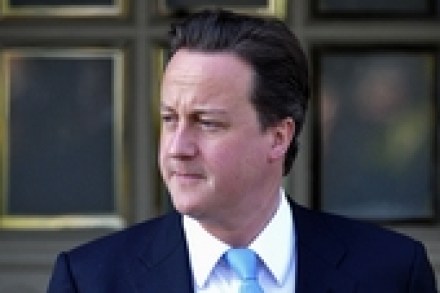Independent spirit
For many years, The Spectator has cheered on the Conservative party’s plans to reform Britain’s state education system. As our country hurtles down the international league tables, it is clear that something must be done to fix our schools. We can no longer compete with countries that once regarded us a role model. And what has inspired us in our campaign, and preserved our faith in Britain’s potential, is the enduring excellence of so many of our independent schools. For all the talk of national decline, our private schools are the envy of the world, much as they were in Victorian times. Independence fosters diversity, and independent schools tend to















